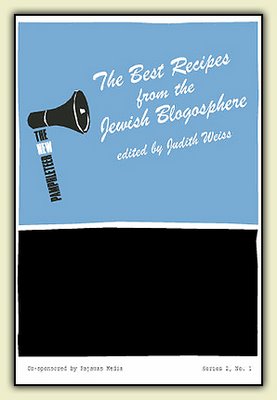But we have several “bury patches” in our house: They’re the kitty litter boxes, and they illustrate the fact that cats, like humans, are very individualistic in their personal habits.
 |
| Edith in her former home. |
Edith, on the other hand, is quite fastidious. Her box is fitted with both a cover and a door for maximum privacy. And she buries her by-products as deep as the ancient Egyptians buried their Pharaohs. (One time, in Pharaonic fashion, she even brought a toy into the box as a sacrifice to the Afterworld of Cat-Poop.) Cleaning her box is not unlike a piratical treasure hunt.
Just call me Captain Jack Spoorow. Or Captain Kiddney... digging for buried




















3 comments:
“It’s where the dead people live,” she’d say as we would drive past one. (That pun, I found out some time ago, only works in English.)
Challenge accepted.
"C'est là où vivent les morts."
"죽은 사람들이 거기서 산다."
My attempts, for what they're worth.
The issue - as I discovered while driving past a cemetery with a Dutch-speaking friend - is that in English we use the verb "to live" to indicate both residence and existence (being alive). In French, there are two distinct verbs (habiter and vivre.) Presumably this is also true in Nederlands.
So it ain't that simple.
Well, for what it's worth, in Korean, the verb "sal-da" (살다) encompasses both "vivre" and "habiter," so it passes the acid test. As for "vivre" itself, well... there's definitely some semantic overlap, as it can also mean "habiter" ("Passer tout ou partie de son existence dans un lieu"), as seen in this definition (Section B3). This entry confirms the overlap, but also notes that the verbs aren't totally interchangeable. They are, however, interchangeable enough for cemetery-related purposes! Heh.
Post a Comment